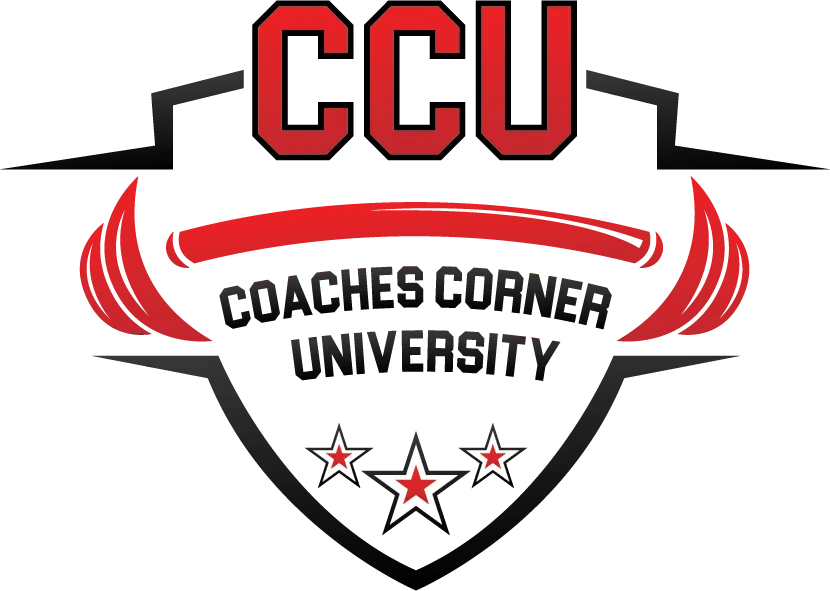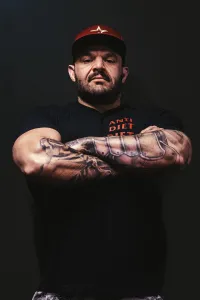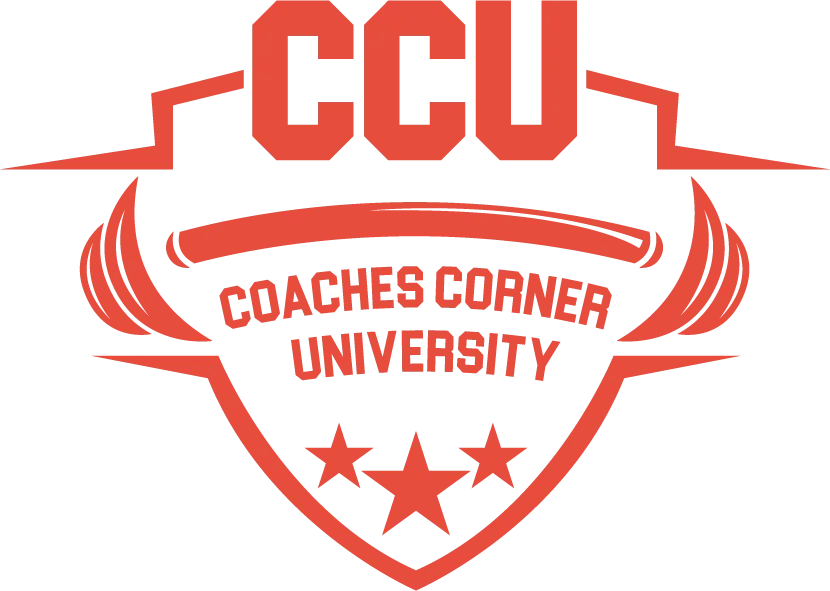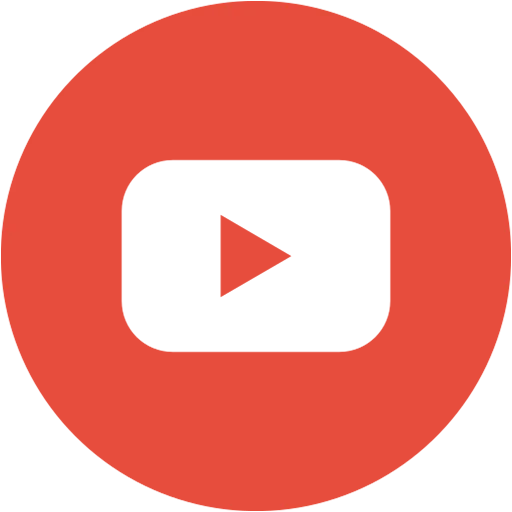Discover The Latest Blogs
Stay updated with Our Informative Blog Posts
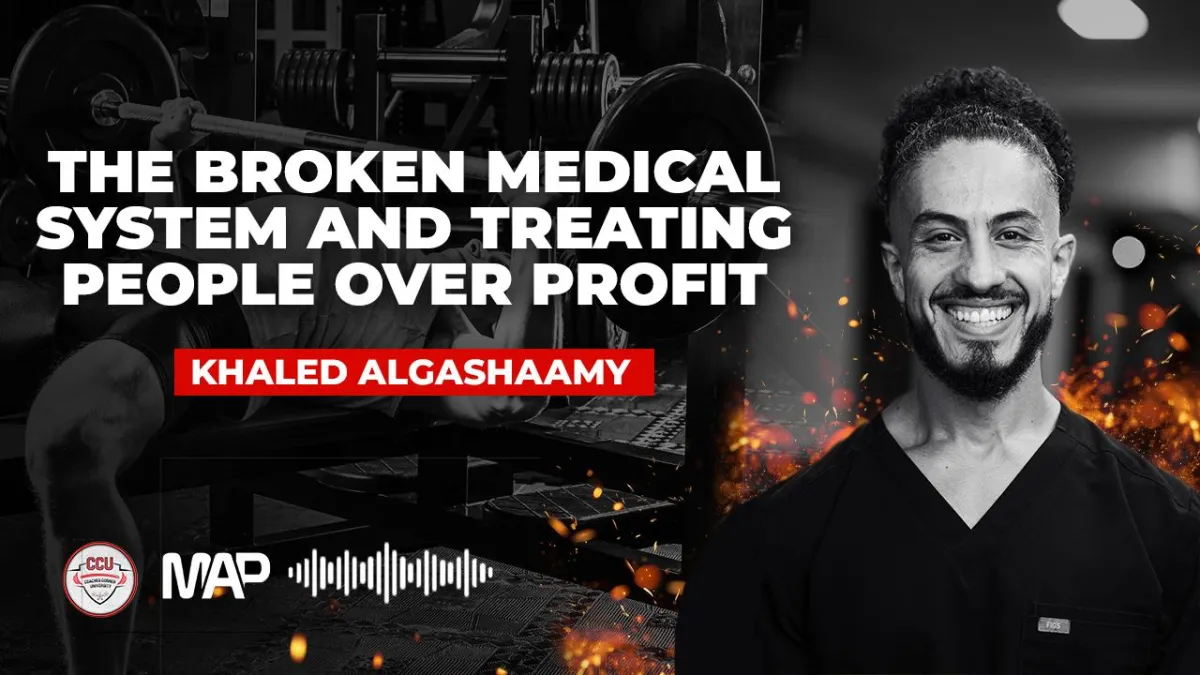
CCU Podcast: The Broken Medical System and Treating People over Profit - Khaled Algashaamy
The Broken Medical System and Treating People over Profit
Today, I sat down with Khaled Algashaamy, Founder of Prime Life Wellness Institute. He is a board-certified physician with advanced training in bioidentical hormone replacement therapy and metabolic disease, whose passion is helping patients uncover the root causes behind their symptoms and find real, lasting solutions. But more than that, he believes healing happens when you feel truly heard and supported.
What Khaled shared goes far beyond medicine.
His approach challenges outdated healthcare models, prioritizes depth over volume, and offers valuable lessons for anyone building a coaching or service-based business.
Here are 10 essential takeaways from The Broken Medical System and Treating People over Profit—a physician's people-first approach that doubles as a blueprint for better business.
10 Essential Takeaways from The Broken Medical System and Treating People over Profit
Athletic Background Creates Professional Excellence Through Systematic Thinking
Khaled credits his experience in strongman competitions with developing the grit, perseverance, and systematic approach that separates exceptional professionals from those who merely "go through the motions." As he explains, "Everything is calculated. You cannot fuck up because that is your job... It puts a lot of perspective on real life." The transition from recreational training to competitive athletics forges a different level of professionalism and attention to detail.
Prioritize Root Cause Analysis Over Symptom Management
Khaled's patient's story about elevated heart rate demonstrates the critical importance of understanding underlying causes rather than reactively discontinuing interventions. "The importance of understanding the root cause helps you avoid being reactive... and being a fucking doctor and sitting the patient down and talking to them." His 45-minute consultation, which identified stress as the real culprit rather than immediately blaming medication, exemplifies this approach.
Embrace the Guide Role, Reject the Hero Complex
Khaled emphasizes being the guide in his patients' journeys rather than the hero: "You don't want to be the hero... You want to be the guide... Your job is to give them constructive feedback on those decisions and why we got here." This positions the professional as a trusted advisor rather than someone who "fixes" people.
Quality Over Quantity: The 300-Client Rule
Khaled's business model caps at 300 patients to maintain relationship quality: "You really cannot go past 300... You can make an amazing living out of this. It's just not going to be scalable. And you have to be okay with that if you want to be a good doctor." This deliberate limitation on capacity ensures he can provide the depth of care his model requires.
People-Over-Profit Models Generate Superior Long-Term Profits
Khaled emphasized that prioritizing client outcomes over immediate revenue paradoxically creates more profitable businesses: "You're starting with people over profit, but then you end up making profit, which is insane." The focus on service excellence naturally leads to better business outcomes through retention and referrals.
Direct-Pay Models Enable Superior Service Delivery
Khaled's departure from insurance-based medicine enables 45-minute consultations and comprehensive care that would be impossible in traditional medical settings. "You call them, you are not even going to speak to the doctor. You're going to speak to the PA or the nurse practitioner... Doctor says, Stop taking the medication." His direct-pay model eliminates these barriers to quality care.
Nuanced Thinking Trumps Binary Solutions in Complex Systems
Khaled repeatedly emphasizes that "nuance has been completely lost" in modern medicine, where treatments are viewed as universally good or bad rather than contextually appropriate. "It's always gray. And it's always what does the client want? Where do they want to go? And how can you get them there safely?"
Storytelling Prevents Diagnosis/Label Identification
Khaled's approach to diagnosis involves walking patients through their entire health story before revealing the diagnostic label: "This whole time they've lived a story... Now you're just finding out the title... These things are called that... not what you have is." This prevents patients from identifying with their conditions rather than seeing them as addressable challenges.
Professional Boundaries Protect Both Provider and Client
Khaled clearly articulates when moral and legal boundaries require ending professional relationships: "If that moral hierarchy is way outside of mine, then I can't be your physician... But if there is overlap... then yes, we can pursue the journey." These boundaries ensure both parties are aligned on approach and values.
Continuous Education Through Practitioner Communities
Khaled emphasizes the importance of maintaining connections with experienced practitioners for real-world problem-solving beyond textbook knowledge: "Having access, not just to the literature, but having access to those people that have been doing this for 20 plus years to have these conversations." This network provides practical insights that complement formal education.
Find Khaled:
Website - https://primelifewellnessinstitute.com/
Instagram - @khaled.algashaamy
Find the podcast:

Coaches Corner PhD
